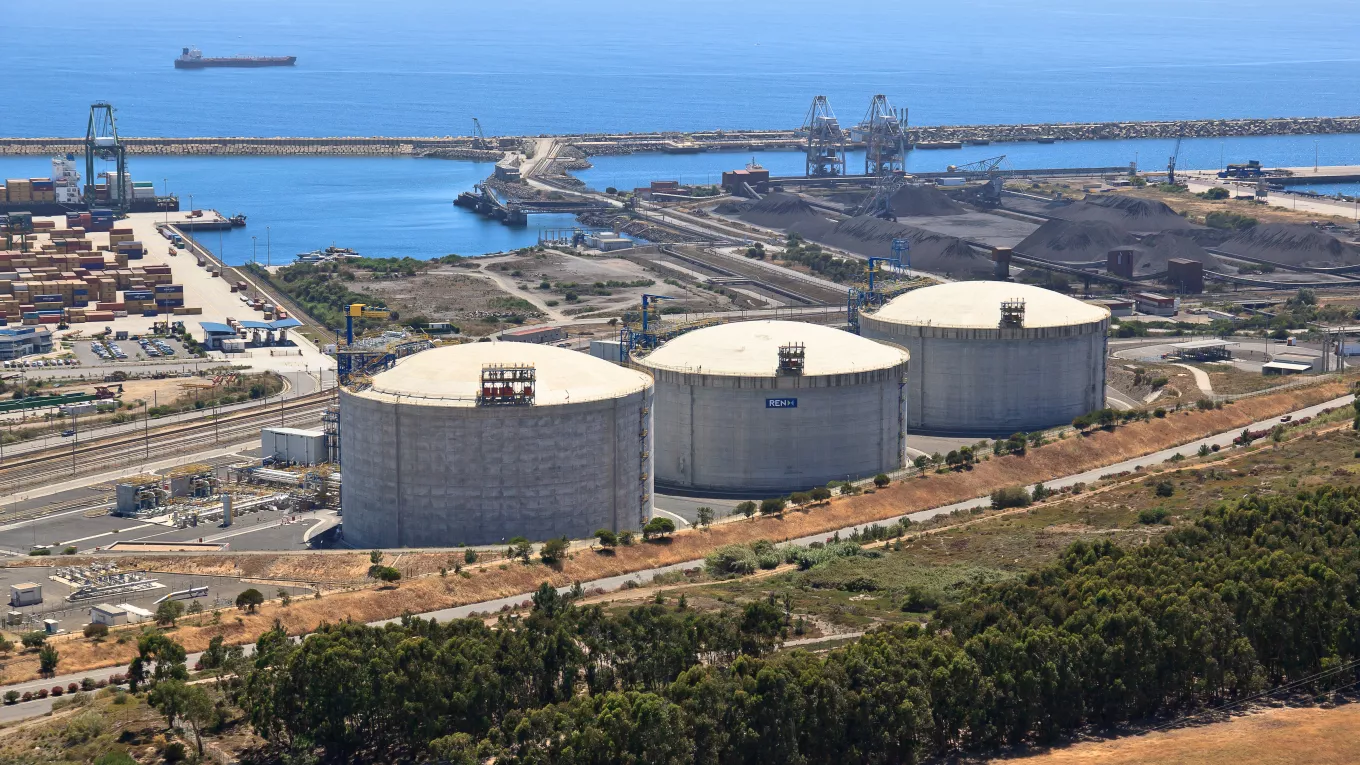Quebec has rejected GNL Québec’s application to build a C$14-billion liquefied natural gas terminal in the Saguenay region, capping years of opposition by Indigenous communities, climate campaigners, scientists, and health professionals.
The announcement comes just a week after three Innu First Nations in Quebec declared a pipeline to the Énergie Saguenay project from Western Canada would not be allowed to cross their ancestral lands. “We listened, we did our own research on the project, and following the conclusions of the BAPE report, it is clear that our position will remain the same,” said Charles-Edouard Verreault, vice-chief of Mashteuiatsh First Nation and spokesperson for the three nations. “This project won’t be happening on our territories.”
“Relief!” headlined Coalition Fjord, a campaign group that waged a three-year fight against the project.
“The end of the GNL project and pipeline is an encouraging sign for citizen mobilization,” the group said in a release. “It’s a relief for the climate, after the science was finally heard”, so that the province will dodge an increase in its greenhouse gas emissions.
“Locally, it’s a massive relief for biodiversity,” including beluga whale populations that were threatened by the project. And “above all, it’s a relief to see the end of division and the beginning of a constructive dialogue,” the coalition said. “To many people, this project looked like a chance to create jobs and boost the local economy, but that was just a mirage” that masked the project’s “irreversible negative impacts”.
Previously, Quebec’s Bureau d’audiences publiques sur l’environnement (BAPE) had issued a 500-page report concluding that the risks from the 750-kilometre-long gas pipeline would “far outweigh” the benefits. The project drew the widest response ever to a BAPE review with more than 2,500 briefs presented, 91% of them opposing the development..
“Premier François Legault’s government had initially been a proponent of the project, which it hoped would diversify the economy in a region largely dependent on the aluminum and forestry industries,” CBC reports. “But the government also set out three criteria for approving the natural gas facility: it had to help with the transition toward greener forms of energy, lower greenhouse gas emissions, and have sufficient public support.”
After determining that the project failed on the first two criteria, said Environment Minister Benoit Charette, officials didn’t even bother assessing the project on bother analyzing the third, CBC says.
“It is a project that has more disadvantages than advantages,” Charette said Wednesday, adding that an upcoming green aluminum plant could translate into jobs and economic development opportunities for the Saguenay-Lac-St.-Jean region.
Despite the mounting wave of evidence and opposition against it, the company said it was “disappointed and surprised” by the decision and deciding its next move.
While this week’s provincial cabinet decision applies only to the LNG terminal, CBC says it also likely spells the end of the pipeline that would have carried gas from British Columbia and Alberta to the Saguenay terminal.
“To our friends from Alberta, we say, let’s work together on other kinds of projects, on cleaner projects,” Charette said, adding that Quebec isn’t the only jurisdiction in the world to take a more critical view of natural resource projects.
The pushback to Énergie Saguenay included more than 120,000 petition signatures, plus opposition from 54 student associations representing nearly 360,000 students, more than 648 scientists, including 250 doctors and health professionals, 40 economists, more than 60 civil society groups, and all the provincial opposition parties, representing 58% of voters, recalled Montreal-based Équiterre.








